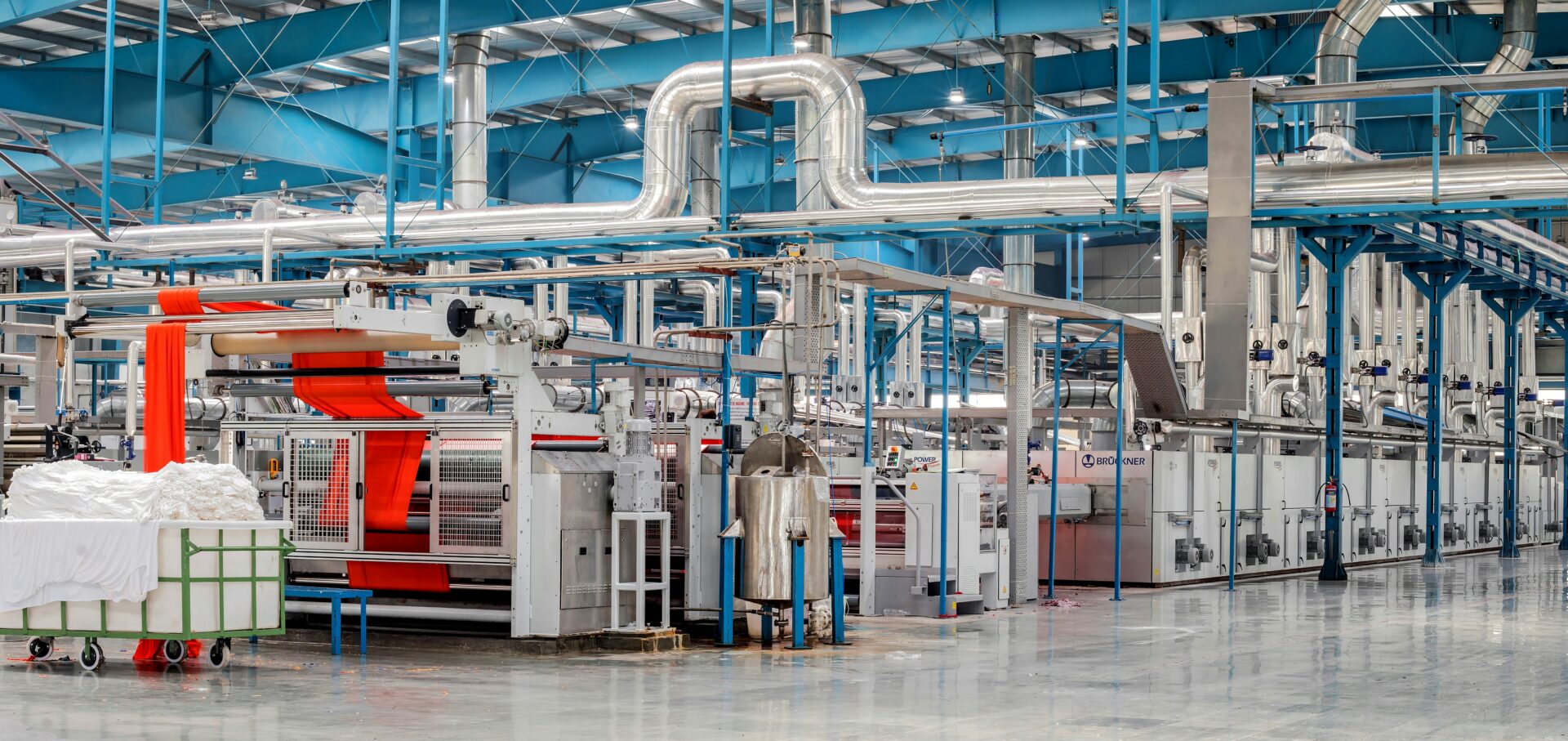Synthetic Biology: market drivers, challenges and R&D oppo...
Synthetic biology (or SynBio) is an exciting intersection of biology and engineering, which promi...

When it comes to energy bills for businesses in the UK, there’s more to consider than just the consumption of gas and electricity.
Similar to residential energy bills, businesses also bear the burden of various non-commodity costs that contribute to the overall costs – it’s not just VAT that’s being added!
Business energy invoices are split into commodity and non-commodity costs. Over the past decade, non-commodity costs have outpaced commodity costs.
Commodity costs refer to the actual energy consumed, such as the wholesale cost of gas or the electricity units a business uses. These costs are directly related to the amount of energy a business consumes and can vary depending on market prices.
On the other hand, non-commodity costs are additional charges that businesses incur on their energy bills. These costs cover various factors beyond energy consumption, including network maintenance and operation, environmental obligations, supplier operating expenses, and taxes. Non-commodity costs are not directly tied to the amount of energy used but are necessary to ensure reliable and sustainable energy delivery to businesses.
Costs generally cover:
The combination of these components determines the total amount businesses pay on their energy bills. While some taxes may be more evident, others can be less apparent depending on the invoicing method used by the energy provider.
Below, we delve deeper into the components that make up a business energy bill.
Just like residential customers, businesses pay a portion of their energy bill to cover the wholesale costs of purchasing energy from the market. This includes the costs associated with generating electricity and extracting natural gas.
Businesses must contribute to maintaining and operating our extensive network of energy infrastructure. These network costs ensure the transmission of electricity through power lines and the distribution of gas through pipelines.
Even with the UK’s advanced network, there are instances where it can struggle to cope, resulting in local or national power losses. While gas is more resilient, the electricity system requires continuous effort to operate smoothly.
The UK government has implemented various social and environmental initiatives to promote sustainability and clean energy, aiming to meet a net zero target by 2050. Businesses shoulder some of the costs associated with these obligations, including supporting renewable energy projects or funding energy-efficient initiatives.
Some of these obligations can hurt the competitiveness of energy-intensive industries, so the government has launched several schemes to support such businesses (see below for more information on energy tax relief schemes).
Energy suppliers have their own operational expenses, such as staff salaries, marketing efforts, and administrative costs. Additionally, they require a margin to cover their profit margins.
Businesses are subjected to VAT on their energy bills, which is set at a standard rate of 20% in the UK.
Businesses working in a variety of industries may qualify to benefit from a number of government compensation schemes, including Energy-Intensive Industries (EII), Climate Change Levy (CCL) and Energy and Trade Intensive Industries (ETIIs).
Our Energy Tax team offers a comprehensive consultation service, guiding businesses through the options available to reduce their energy bill burden. With a focus on providing end-to-end support, we take care of all admin tasks, ensuring a seamless and hassle-free experience.
If you enjoyed reading the blog, you might also like:
Explore our latest insights

Synthetic biology (or SynBio) is an exciting intersection of biology and engineering, which promi...

Even in the best of circumstances, we know that it can be challenging to balance a successful car...

Small and Medium-sized enterprises (SMEs)are the lifeblood of innovation in the UK. We’ve dived i...

Full expensing is a first-year allowance that allows businesses to reduce their tax liability and...